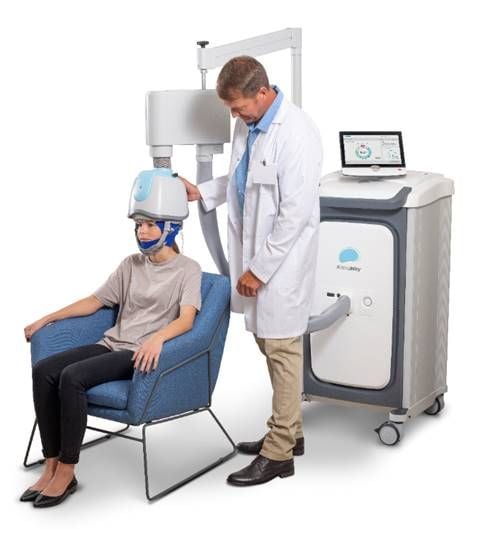1. I routinely go over FDA recommended max for SSRIs and in fact treat the recommended max as more or less the first dose to try barring very compelling reasons to not ramp up quickly (or doubt about the diagnosis). So sertraline, for instance, I go rapidly to 200 (up by 50 per week), then hang out for 6-8 weeks. If we get zero response (I supplement interview by OCI-R) then on we go to 400 mg. If partial response we wait until at least 10-12 weeks after initiation before making changes.
2. If partial but unsatisfactory response to SSRIs, you could try a different SSRI at maximum dose. i cross-titrate over five days from, say, sertraline 400 to fluoxetine 100/120. I've literally never had anyone who tolerated high dose SRIs in the first place have any issues with this. More often we add 50 mg clomipramine to the 400 sertraline. This is most often a way station on the road to clomipramine alone but a) helps assess tolerability of clomipramine b) sometimes works out and c) despite being generic Anafranil has gotten super expensive in the last five years or so. If we transition to clomipramine mono we do it over about five days to come down on SSRI while increasing to 250 clomipramine. Again, this switch rarely causes problems.
3. SE from clomipramine I hear about most is probably sedation, followed by tremors that are dose-dependent and can sometimes be pretty noticeable. Clomipramine is also uniquely likely among TCAs to lower seizure threshold so tricky to use for people with co-morbid epilepsy or TBIs, which are populations with elevated rates of OCD to begin with. Constipation and weight gain also pop up a lot. Most common is dry mouth but usually easy to treat with PRN sugar free lifesavers.
4. For alternatives if clomipramine is not doable for whatever reason, I will augment. Risperidone or abilify are first choices, although never to high doses. Haldol distant third. Literature suggests quetiapine is useless. Clozapine is well-known to provoke OCS in people without previous history of OCD, and olanzapine may have a similar effect. Both not helpful regardless. Past that you get into stuff like buspirone, lamotrigine, phenelzine, ondansetron.
5. I explain why PRNs are not a thing we are going to be doing. I beat the drum for E/RP early and often and point them to NOCD if I have to.

